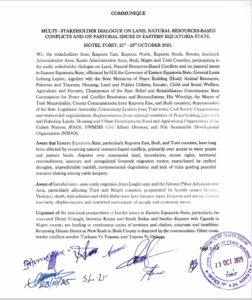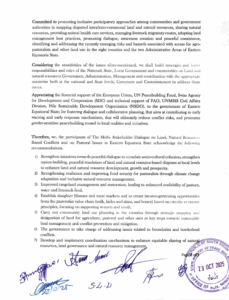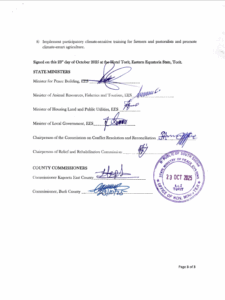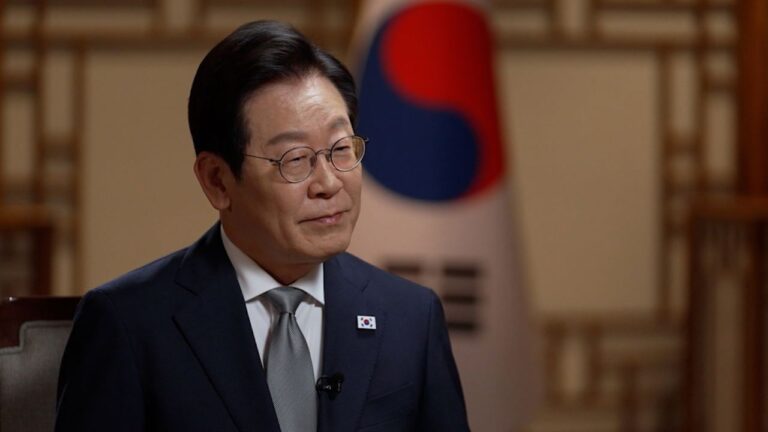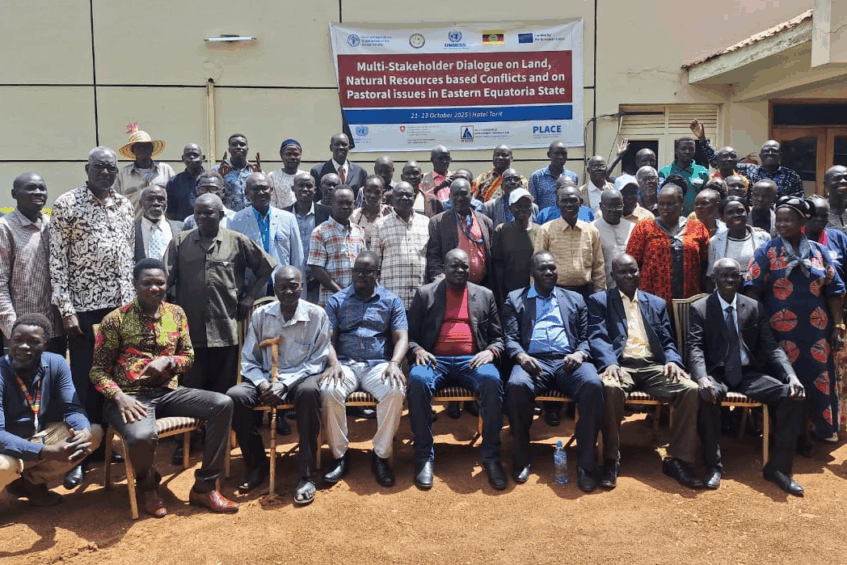
Author: Koang Pal Chang | Published: 5 hours ago
Eastern Equatoria State leaders and partners in a group photo after the Multi-Stakeholder Dialogue on Land, Natural Resources, and Pastoral Issues at Hotel Torit. The dialogue, held October 21-22, 2025, 2025, produced key recommendations for peace.
TORIT, Eastern Equatoria (Eye Radio) — Stakeholders across Eastern Equatoria State have acknowledged that chronic natural resource conflicts are deeply impacting the region, fueling widespread insecurity and anxiety.
This important assessment came during a Multi-Stakeholder Dialogue held this week in Torit. The event was a collaborative effort, bringing together national and local government officials, community leaders, and international partners, including the UN’s FAO and UNMISS, to gently address the complex, deep-rooted causes of conflict and displacement. Governor General Louis Lobong Lojore opened the dialogue, setting a tone for constructive engagement.
Participants confirmed the state faces a severe combination of challenges that include intense disputes over water and pasture lands and communal boundaries, unregulated livestock migration routes, and the effects of cyclical droughts and a lack of clear rules for resource sharing.
A particularly dangerous factor is the forceful, armed inter-state cattle migration from Jonglei and Greater Pibor. This armed movement has resulted in frequent violence, deaths, child abductions, and widespread displacement in counties like Torit and Magwi.
In a commitment to finding sustainable peace, the stakeholders issued a Communiqué outlining a collective plan. They agreed to use inclusive participatory approaches to map disputed areas and manage livestock routes, as well as clarify the responsibilities and roles of National, State, and Local Governments in resource management to improve governance.
Key Recommendations for Action
The dialogue concluded with a set of crucial recommendations for immediate and long-term action:
- Strengthen Peacebuilding: Intensify peaceful dialogue initiatives to stimulate socio-cultural cohesion and resolve land and natural resource disputes at the local level.
- Improve Resilience and Food Security: Strengthen resilience and food security for pastoralists through climate change adaptation and inclusive resource management.
- Enhance Rangeland Management: Improve rangeland management and restoration to increase the availability of pasture, water, and livestock feed.
- Boost Economic Opportunities: Establish slaughterhouses and meat markets and create income-generating opportunities from the pastoralist value chain (milk, hides/skins, honey), focusing on supporting women and youth.
- Community Land Use Planning: Carry out strategic mapping and designation of land for agriculture, pastoral, and other uses to prevent and mitigate conflict.
- Government-Led Border Resolution: The government must take charge of addressing issues related to boundaries and cross-borderland conflicts.
- Equitable Resource Sharing: Develop and implement coordination mechanisms to enhance equitable sharing of natural resources and improve land governance.
- Climate-Smart Agriculture: Implement participatory climate-sensitive training for farmers and pastoralists and promote climate-smart agriculture.
The stakeholders’ collective action plan represents a significant step towards reducing conflict risks and promoting gender-sensitive peacebuilding rooted in local realities across Eastern Equatoria State.
